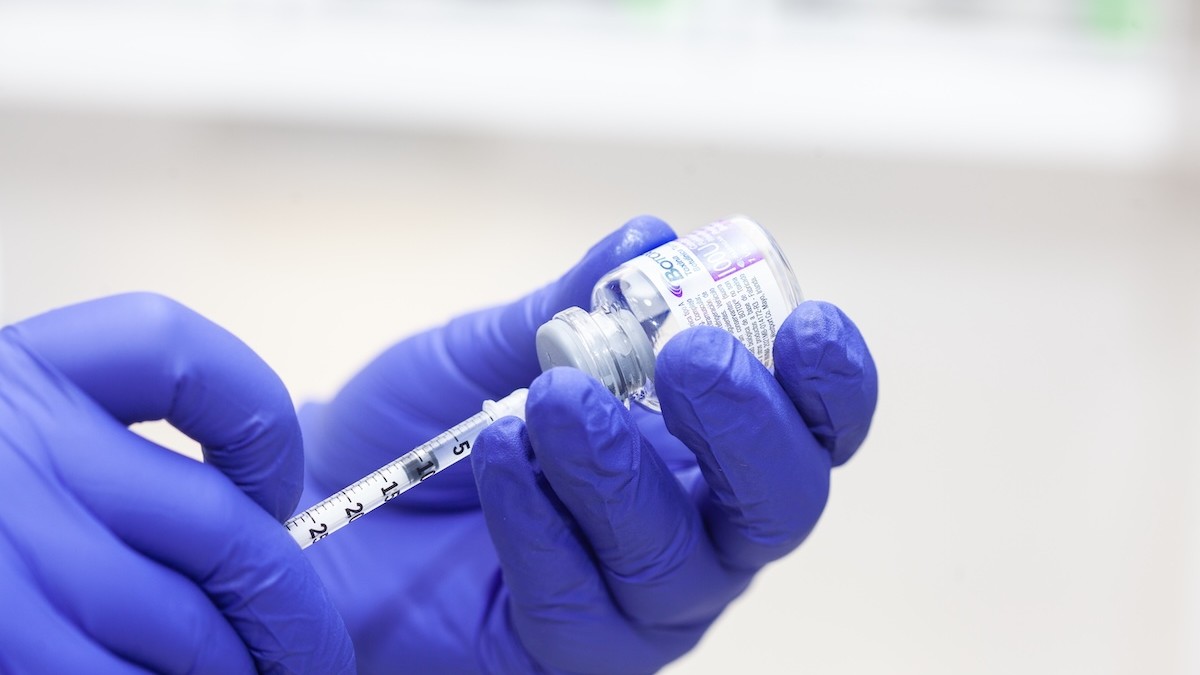A BBC undercover investigation has revealed illegal prescribing of Botox by a UK pharmacist, leading to an 18-month suspension
Cornelius Agoye, owner of Pharma Aesthetics London in Rainham, East London, has been suspended from practice for 18 months after a BBC investigation revealed he supplied botulinum toxin to a researcher posing as a beauty therapist without conducting the required patient assessments.
Mr Agoye admitted that his conduct fell below professional standards and issued an apology, stating he had not intended to cause harm. The General Pharmaceutical Council (GPhC) has imposed an interim suspension while a full fitness-to-practise investigation is ongoing.
BBC investigation exposes illegal botulinum toxin prescribing practices
The BBC’s ‘Botox Black Market’ investigation highlighted multiple instances of practitioners supplying prescription-only botulinum toxin products without meeting patients face to face, a clear breach of UK prescribing regulations.
Botulinum toxin is a prescription-only medicine (POM), so UK law requires a licensed prescriber (doctor, dentist, nurse prescriber or pharmacist prescriber) to conduct an in-person assessment to confirm the drug’s suitability.
Details of the undercover recording
Footage from hidden cameras showed Mr Agoye agreeing to supply botulinum toxin without seeing the patient and instructing the undercover reporter on falsifying records to simulate a consultation. He advised using one patient’s prescription to order multiple vials, knowingly circumventing legal requirements.
This type of practice constitutes prescription fraud, as prescribing under one individual’s name for another patient is illegal.
Interim suspension and regulatory response
The GPhC applies interim orders when early evidence suggests a pharmacist poses an immediate or continuing risk to patient safety or could undermine public confidence in the profession. Such orders can be enforced before a final hearing concludes to mitigate ongoing risk.
Broader malpractice across the aesthetics sector
The investigation also identified other registered professionals breaching prescribing rules:
- In Dorset, nurse prescriber Sally Jackson was filmed offering prescriptions via WhatsApp without in-person patient assessment.
- In north London, clinic owner Prakash Gurnani, who falsely presented himself as a doctor, sold unlicensed botulinum toxin vials and hosted group “Botox parties”.
These incidents highlight wider regulatory challenges in ensuring safe and legal prescribing in the growing UK aesthetics market.
Implications for patient safety and industry regulation
The UK botulinum toxin market, valued at £115m in 2024, is projected to reach nearly £295m by 2031. As demand for aesthetic treatments rises, compliance and patient safety remain key priorities.
Medical experts have warned that shortcuts by qualified professionals compromise essential safeguards, allowing potentially counterfeit or unsafe products into the market.
The UK Health Security Agency has also reported 41 confirmed cases of botulism linked to unlicensed toxins purchased from non-medical providers.




